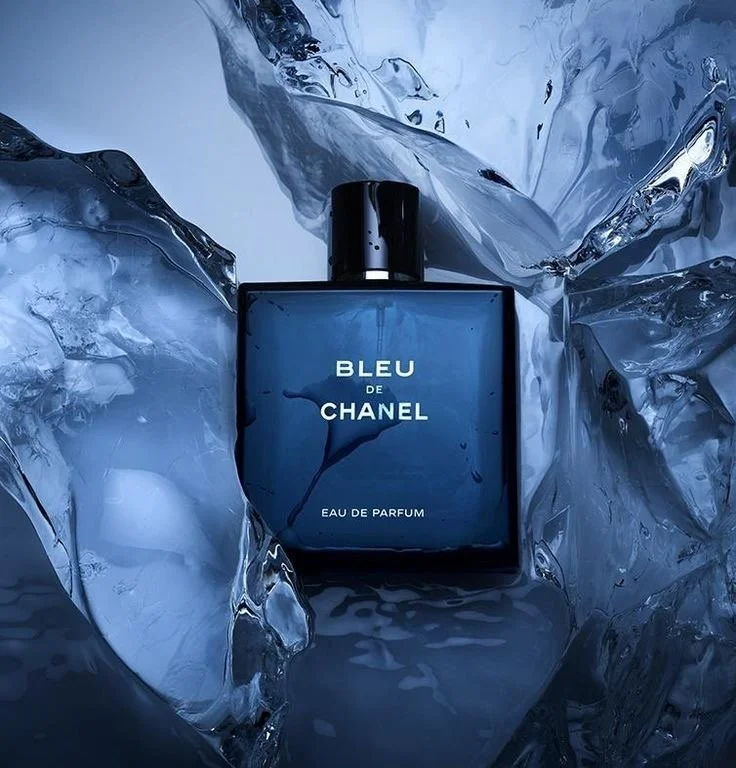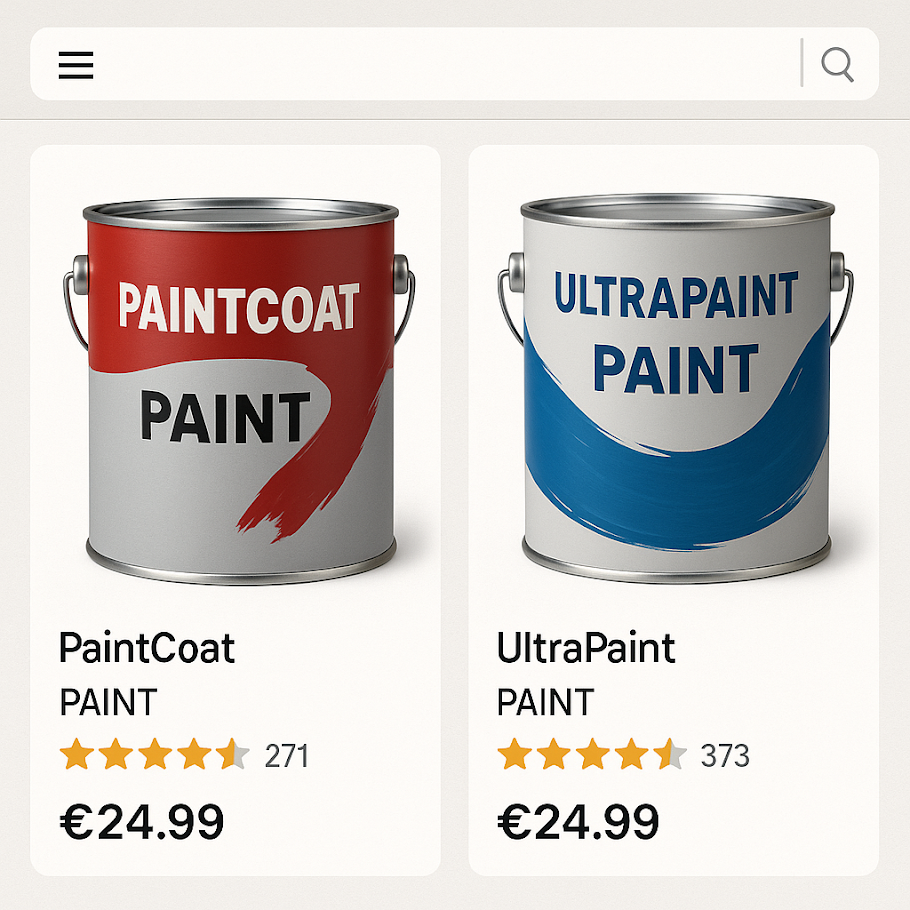Blog
Welcome to our blog.
Looking for something specific?
Enter your keywords in the searchbar below.
1 minute Martini Manna
Figurative elements do not preclude the descriptiveness of a composite sign: the General Court annuls the EUIPO decision on the “WASHTOWER” trademark
In its judgment of 12 November 2025 (Case T-252/24), the General Court of the European Union addressed the issue of descriptive trademarks, focusing on the delicate balance between evocative verbal elements and figurative components in composite signs.
The case concerned the European Union trademark WASHTOWER, registered in Class 20 of the Nice Classification for “furniture, namely furniture for washing machines or tumble dryers”, which was the subject of an application for a declaration of invalidity filed by LG Electronics Inc. (LG) on the basis of the absolute grounds for refusal set out in Article 7(1)(b) and (c) of Regulation (EU) 2017/1001 (EUTMR).
The CJEU on copyright protection of design works in Mio and USM Haller
The Court reiterates principles previously articulated in Cofemel and Brompton and seeks to clarify (i) how the originality of a design object is to be assessed for copyright purposes and (ii) how infringement is to be established.
UPC, Milan Central Division: the importance of selecting invalidity attacks
The court invites the claimant to select those attacks it considers the strongest and to rank them in order of importance. Once the attacks so selected are found to be unfounded, the Court considers it justified not to examin the remaining attacks. This places substantial responsibility on the parties as regards the selection and prioritisation of their objections.
The Milan IP Court on Trademark Rights Infringement in Selective Distribution
By order dated 3 March 2025, the Specialist Business Section of the Milan Court granted the application for interim injunctive relief under Article 131 of the Italian Industrial Property Code and Article 700 of the Code of Civil Procedure filed by Chanel and its Italian distributor, prohibiting the sale of the maison’s perfumes inside the stores of the defendants, two well-known retail chains specializing in general consumer products for personal and household care.
PastaZARA / ZARA: the EU General Court rules out the risk of unfair advantage to the fashion brand
By judgment of 10 September 2025 (Case T-425/24), the General Court of the European Union ruled on a conflict between the trademarks belonging to unrelated sectors: pasta and fashion.
Trademark Coexistence on Amazon and Limitation by Acquiescence: a ruling by the Turin IP Court.
As specialists are well aware, limitation by acquiescence is a legal doctrine where a trademark owner loses their right to challenge a later, conflicting, trademark if they knowingly tolerate its use for a continuous five-year period. To invoke this defense, the owner of the later mark must prove the earlier owner was aware of the use and did not take legal action. This limitation is ruled out only if the application for the later mark was made in bad faith.
The IP Court of Turin addressed this matter in its recent judgment no. 4050/2025. The dispute involved two companies both operating in the paint and related products sector: one, the plaintiff, was the owner of the Italian word mark DULOX, registered as early as 1938; the other, the defendant, owned and had been using the later European Union trademark DULUX, registered in the ‘90s.
Corporate Software Piracy and Directors’ Personal Liability: a Ruling by the Milan IP Court
With its ruling no. 6240/2025, the IP Court of Milan held the chairman of the board, of a company engaged in the use of unlicensed software, jointly responsible with the company for copyright infringement. This decision validates an already established trend in Italian IP courts.
Sound marks and distinctive character: the EU General Court upholds BVG's appeal
In an interesting ruling on sound marks the EU General Court annulled the decision of the Fifth Board of Appeal of the EUIPO, which had rejected the application for registration of EU sound mark no. 018849003 filed by the Berlin public transport company, Berliner Verkehrsbetriebe.
Sports audiovisual rights and creative freedom in video games: the Court of Genoa rejects the motion by Lega Nazionale Professionisti Serie A
With its order of 27 June 2025, the Court of Genoa ruled on an unusual dispute concerning sports audiovisual rights and video game content, rejecting the motion for interim injunction filed by Lega Nazionale Professionisti Serie A against a gamer accused of violating its exclusive rights by illegally publishing online “highlights” created using the EA Sports FC25 video game to recreate the actions of football matches.
The Italian Court of Cassation rules on damages from patent infringement and the concept of ‘marketing’
The Supreme Court returned to the issue of compensation for damages in relation to patent infringement and, in particular, the distinction between the sale and marketing of the infringing product for the purposes of compensation for damages.
"NERO CHAMPAGNE" rejected: the EU General Court protects the PDO "Champagne"
The Court upheld the objection based on Articles 102 and 103(2) of Regulation 1308/13, prohibiting, amongst others, the commercial use of the protected name “in so far as such use exploits the reputation” of the PDO; and any “false or misleading indication” as to the origin, nature or essential qualities of the product.
Digital exploitation of musical works: Lucio Battisti's heirs win before the Italian Supreme Court
With order no. 12956 of 14 May 2025, the Italian Supreme Court ruled in a complex case concerning copyright and the digital exploitation of musical works, rejecting the appeal filed by Sony Music Entertainment Italy S.r.l. against Lucio Battisti's heirs and their companies Edizioni Musicali Acqua Azzurra S.r.l. and Aquilone S.r.l.
Custom Software: Venice IP Court Confirms Obligation to Deliver Source Code to the Client
A 24 June 2025 PI order issued by the IP division of the Court of Venice confirms a well-established line of Italian case law regarding the ownership regime applicable to commissioned software (which we addressed already here).
UPC Court of Appeal: rehearing request dismissed in Alexion v. Samsung
The court highlighted that a rehearing is an extraordinary legal remedy that, under Article 81(1) UPCA, may exceptionally be granted only if a final decision is tainted by a criminal act or a fundamental procedural defect. it is not available for mere errors or disagreements over the interpretation of the law or the assessment of the parties’ arguments or evidence.
Patent Enforcement Survives Main Claim Nullity: A Decision by the Venice Court of Appeal
By judgment No. 1599/2025 of 5 May 2025, the Venice IP Court of Appeal affirmed that it is possible to obtain a declaratory judgment of infringement and the related injunctive and compensatory relief even with respect to a patent whose main claim has been declared invalid.
Patent and Co-ownership: A Complicated Relationship
On February 18, 2025, Judgment No. 4131 issued by the First Civil Division of the Court of Cassation was published. The Court returned to the topic of co-owned patents, and particularly the applicability of the rules on co-ownership in such cases. The decision in question raised a legal issue of such significance as to justify a public hearing: in the case of patent co-ownership, may the invention be freely exploited by each co-owner, or, conversely, is the consent of the other always required?
The Italian Council of State rules on ambush marketing and freedom of expression: the Zalando case
According to the CdS, the combination of the elements – position of the billboard near the Football Village, slogan used, football shirt, flags of the nations participating in the event – constituted communicative “framing” capable of persuading the average customer to believe, erroneously, that Zalando was the official sponsor of UEFA Euro 2020.
3D trademarks and iconic vehicles: Rome Court of Appeal Confirms invalidity of Italian trademarks on “Defender”
The Court dismissed the appeal filed by Jaguar Land Rover, confirming the invalidity of four Italian 3d trademarks registered on the famous off-road vehicle “Defender” due to lack of distinctive character.
Chiquita Case: The Blue and Yellow Sticker Cannot Be Registered as a Trademark. The Decision of the General Court of the European Union
Can a Simple Geometric Figure Possess Distinctive Character?
This is the issue addressed in the judgment of 13 November 2024 (T-426/23) of the General Court of the European Union, which confirmed the invalidity of the trademark registered by Chiquita Brands LLC for the blue and yellow sticker attached to fresh fruit, including bananas. This judgment, the result of a long legal process, provides significant insights into the concept of distinctiveness in trademarks.
Mistaken Bank Transfer: Confidentiality and Privacy Must Yield, Says the Florence Court
A recent interim order issued by the Court of Florence (order dated 7 May 2025) addressed the potential conflict between banking confidentiality and the rights of third parties.
In this case, an Italian company mistakenly transferred funds to an unknown party due to an incorrect IBAN, while intending to move the money between two of its own bank accounts. Notably, the company had indicated itself as the “payee” in the transfer order.




















